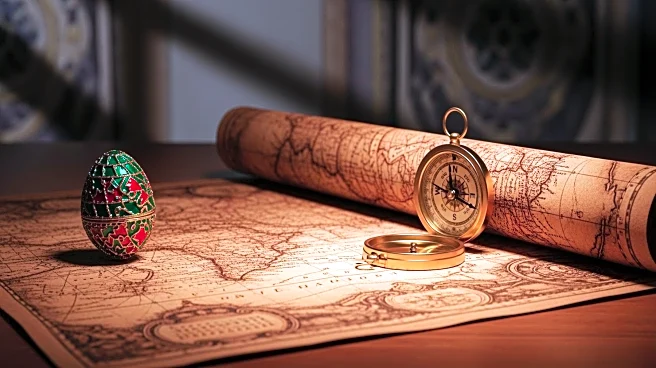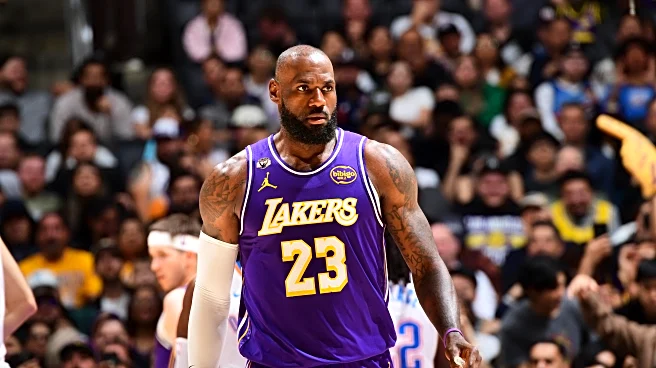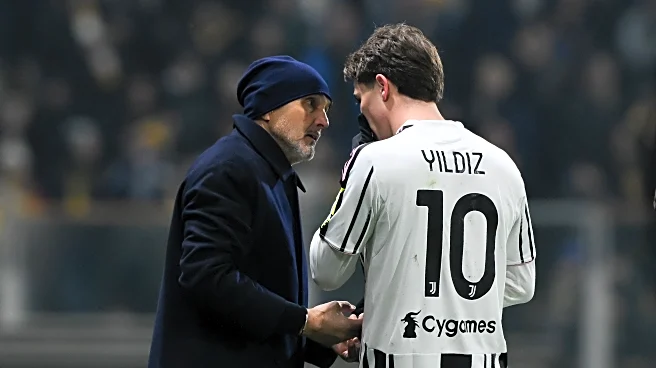Rapid Read • 8 min read
Anton Khudobin, a former NHL goaltender, has announced his retirement from professional hockey at the age of 39. Khudobin, who played for teams including the Chicago Blackhawks, Anaheim Ducks, Carolina Hurricanes, Boston Bruins, Dallas Stars, and Minnesota Wild, has decided to transition into a management role within the sport. Drafted 206th overall by the Minnesota Wild in the 2004 NHL entry draft, Khudobin became known as a significant asset, achieving 128 wins, a save percentage of 91.6%, and 12 shutouts in 287 NHL games. His career highlights include winning the Stanley Cup with the Boston Bruins in 2011 and leading the NHL in save percentage during the 2019-20 season with the Stars.
AD
Khudobin's retirement marks the end of a notable career in the NHL, where he was recognized for his skill and consistency as a goaltender. His transition to a management role could influence the future of hockey, as former players often bring valuable insights and experience to team operations and strategy. This move may also impact the teams he played for, as they adjust to the absence of his presence on the ice. Khudobin's decision reflects a broader trend of athletes moving into management roles, potentially shaping the dynamics of sports leadership and team management.
Khudobin plans to pursue a career in hockey management, which could involve roles such as coaching, team management, or executive positions within the NHL or other hockey organizations. His experience and reputation may open opportunities for him to contribute to the development of players and teams, influencing the sport's future. Teams he previously played for might seek his expertise in advisory capacities, leveraging his knowledge to enhance their competitive strategies.
Khudobin's retirement and career shift highlight the evolving nature of professional sports careers, where athletes increasingly explore roles beyond playing. This trend underscores the importance of career planning and development for athletes, ensuring they can transition successfully into new roles post-retirement. It also raises questions about the support systems available to athletes as they navigate these transitions, emphasizing the need for comprehensive career development programs within sports organizations.
AD
More Stories You Might Enjoy











